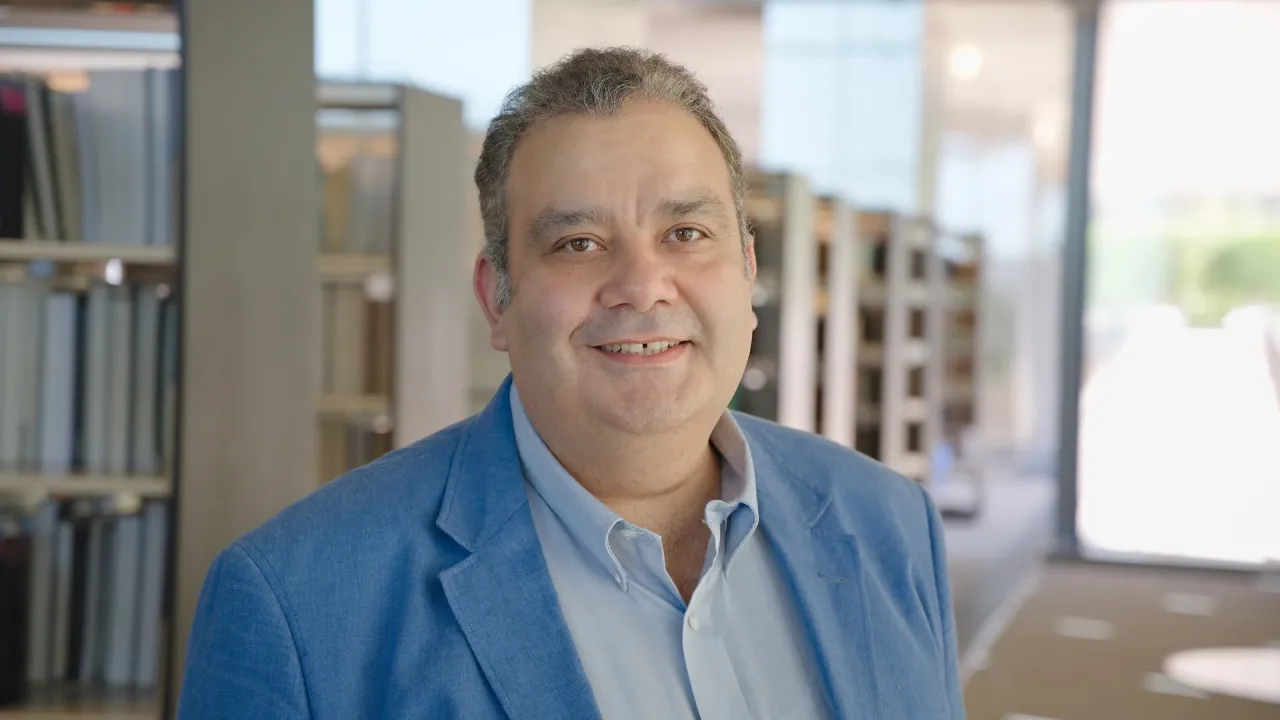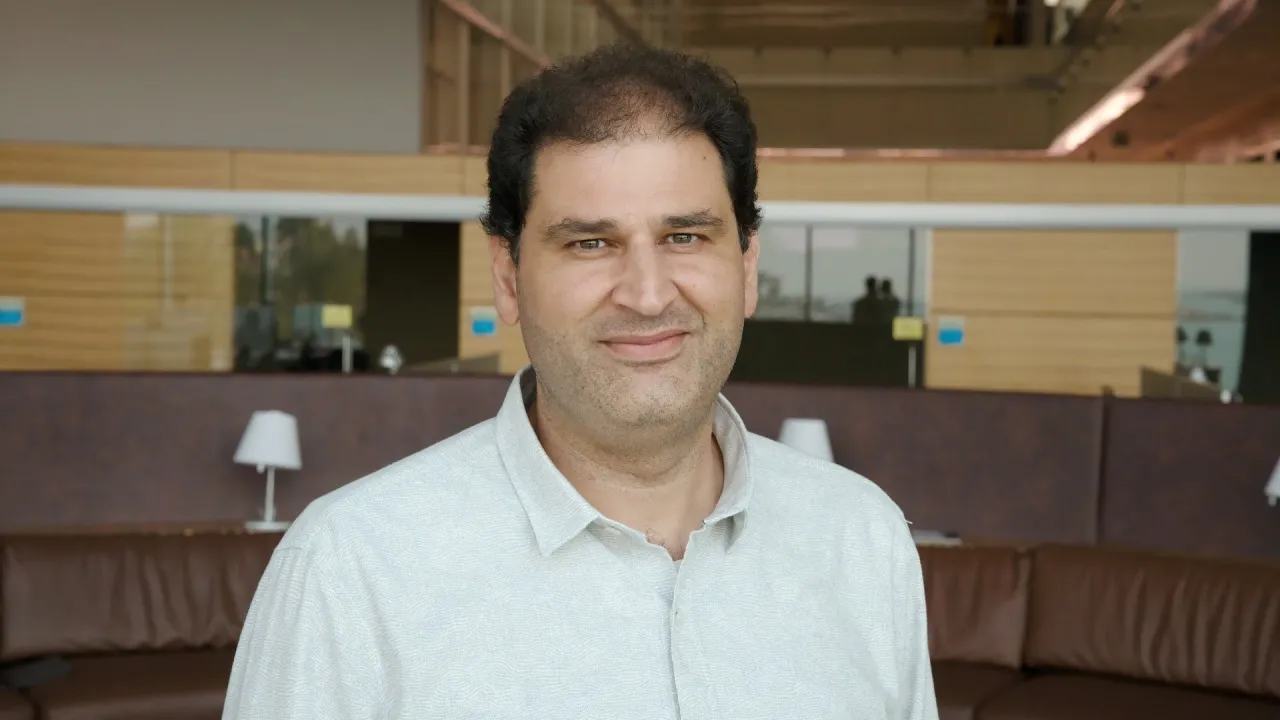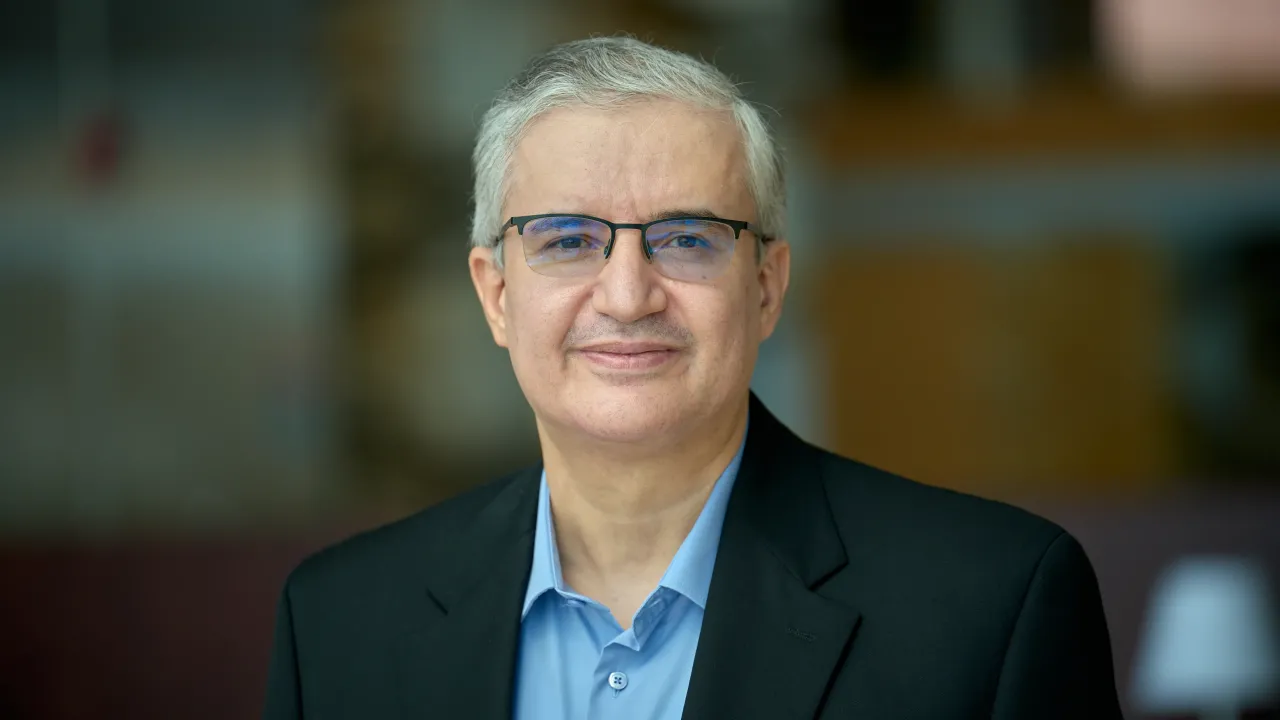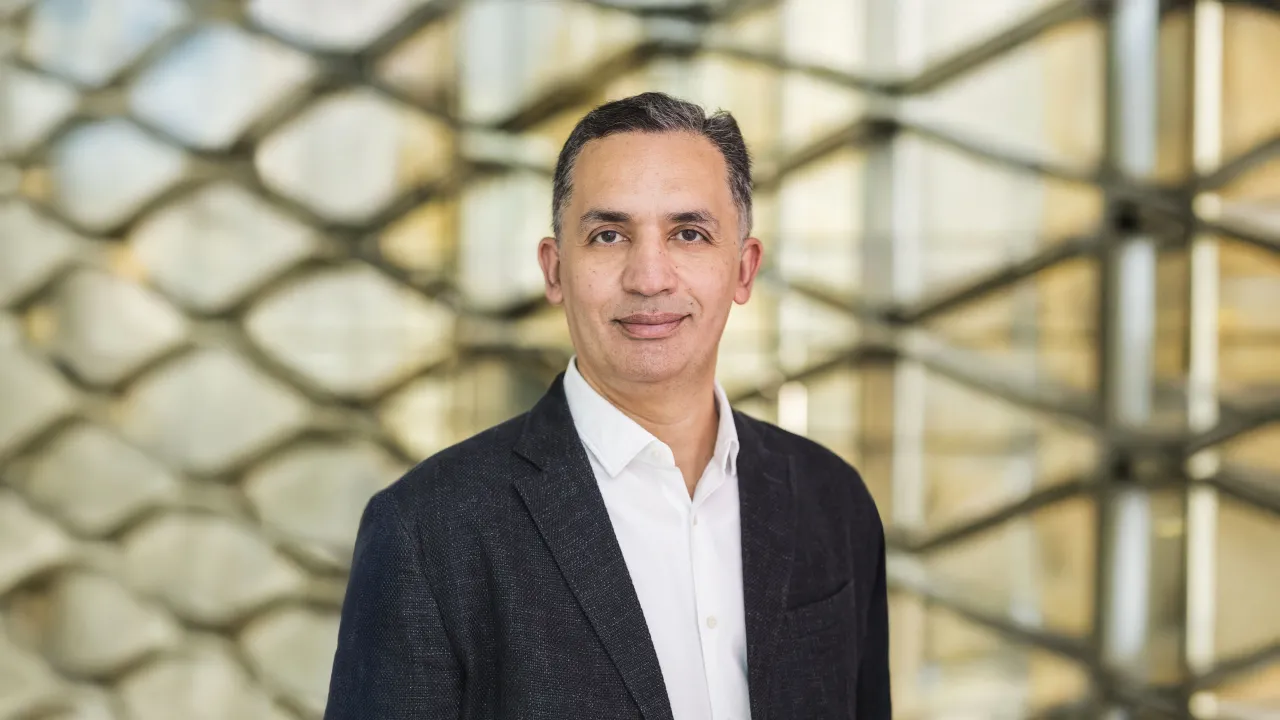
Advanced Wireless Communications and Networks
The Electrical and Computer Engineering (ECE) program is actively engaged in research to revolutionize wireless networks and enhance connectivity. Advanced Wireless Communications and Networks research focuses on key areas such as future networks (6G and beyond), large-scale antenna systems (massive MIMO), high-frequency communication (mmWave/THz) and energy-efficient network designs.
Research Focus
Researchers in this area are exploring optimizing wireless network performance, adaptability, and coverage by integrating new technologies such as cognitive radio, machine learning and reconfigurable intelligent surfaces.
Through dedication to research excellence, ECE researchers are making comprehensive research efforts to contribute to the development of next-generation wireless networks that are faster, more reliable and widely accessible.
These efforts are also being applied to innovative applications like footfall analytics and indoor localization, which leverage the enhanced capabilities of next-generation networks.
Related People
Biography
Ahmed M. Eltawil is the Associate Dean for Research at the CEMSE Division and a professor in the Electrical and Computer Engineering Program at KAUST. He joined the Computer, Electrical and Mathematical Science and Engineering (CEMSE) Division in 2019. At KAUST, he founded and directs the Communication and Computing Systems Laboratory (CCSL). Previously, he was a faculty member in the Electrical Engineering and Computer Science Department at the University of California, Irvine (UCI), U.S., from 2005 to 2019.
His research at the CCSL at KAUST focuses on efficient architectures for computing and communications systems, with an emphasis on wireless systems. His research spans several application domains, including low-power mobile systems, machine learning platforms, sensor networks, body area networks, and critical infrastructure networks.
An active participant in the academic community, Eltawil has served on the technical program and steering committees for numerous workshops, symposia and conferences focused on low-power computing and wireless communication system design. He is a recipient of several prestigious awards and grants, including the NSF CAREER grant for his research in low-power computing and communication systems.
He is a Senior Member, Distinguished Lecturer (2023/24) of the IEEE, and a Senior Member of the National Academy of Inventors. In 2021, he was recognized as "Innovator of the Year" by the Henry Samueli School of Engineering at UCI and received two US Congressional Recognition Awards for his pioneering work in wireless systems. Committed to a collaborative, multidisciplinary approach, Professor Eltawil is passionate about translational research, aiming to move practical innovations from the lab to societal applications.
Research Interests
Professor Eltawil’s current research focuses on efficient architectures for computing and communications systems and wireless networks, encompassing low-power mobile systems, machine learning platforms, sensor networks, body-area networks, and critical infrastructure networks.
His research examines the larger context of connected systems where devices seamlessly integrate into our daily lives. His approach to research combines rigorous analysis with a robust experimental background that leverages insights obtained through simulations and corroborated by experiments. By finding innovative solutions to research problems, he aspires to offer practical approaches that can be readily adopted, resulting in significant societal benefits.
Education
Biography
Basem Shihada obtained his Ph.D. in computer science from the University of Waterloo, Canada, in 2007. Shortly after completing his studies, Shihada joined KAUST in 2008 as a founding faculty member.
He is currently a professor of computer science in the Computer, Electrical and Mathematical Sciences and Engineering Division at KAUST.
His expertise lies in developing next-generation wireless systems, and he has made significant contributions across several domains, including intelligent wireless systems, wireless underwater systems, molecular communication systems, and non-terrestrial networks. One of Shihada’s most notable achievements is the creation and successful demonstration of Aqua-Fi, the world’s first underwater Wi-Fi system. This pioneering work marked a major breakthrough by enabling high-speed internet connectivity in aquatic environments.
His research, conducted in close collaboration with students and colleagues, has earned multiple best-paper awards at leading international conferences. Shihada's contributions have also appeared in top-tier journals, including Nature Electronics, IEEE Transactions on Communications, and IEEE Transactions on Wireless Communications.
Research Interests
Intelligent wireless systems, wireless underwater systems, Internet of Things systems, molecular communication systems, and non-terrestrial systems are among Dr. Shihada's areas of interest.
Education
Mohamed-Slim Alouini
- Al-Khawarzmi Distinguished Professor, Electrical and Computer Engineering
Biography
Throughout his 30-year academic career, Professor Mohamed-Slim Alouini, an IEEE, OPTICA, and SPIE Fellow, has developed analytical and simulation tools for evaluating the performance of radio-frequency and optical wireless communication systems. He has also designed and optimized innovative technologies for emerging wireless networks.
Professor Alouini, a co-founder of KAUST's ECE program, inspires future engineers through his pioneering work in wireless communications. His integrated space-air-ground networks, spectrum sharing schemes, and optical wireless communication systems research shape connectivity's future and embody KAUST's scientific excellence and global impact.
Professor Alouini has published numerous conference and journal papers and co-authored the textbook Digital Communication over Fading Channels, published by Wiley Interscience. A former editor of IEEE Transactions on Communications and IEEE Transactions on Wireless Communication, he also served as an editor for IEEE Transactions on Mobile Computing and the Wireless Communications and Mobile Computing journal. He was also a series editor for the IEEE Communication Magazine's Optical Communication and Networks Special Series and the founding field chief editor for the Frontiers in Communications and Networks journal. He is now the Founding Editor-in-Chief for the Nature Partnership Journal (npj) on Wireless Technologies (since 2025) and an editor for the IEEE Transactions on Aerospace and Electronics Systems (since 2022).
Professor Alouini has been an IEEE Distinguished Lecturer for the IEEE Communication Society (2016-2017), the IEEE Vehicular Technology Society (2018-2022), the IEEE Aerospace and Electronic Systems Society (2023-2024), the IEEE Photonics Society (2025), and the IEEE Society on Social Implications of Technology (2026-Present).
Research Interests
In addition to diversity combining techniques and MIMO techniques, Professor Alouini is interested in multi-hop and cooperative communications, optical wireless communication systems, cognitive radio systems, green communication systems, underwater/maritime communication systems, and integrated ground-airborne-space networks for research.
Professor Alouini is actively working on addressing the uneven global distribution, access to, and use of information and communication technologies (ICT) by studying and developing new generations of aerial and space networks as a solution to provide connectivity to rural, low-income, disaster-prone, and/or hard-to-reach areas.
His KAUST Communication Theory Lab (CTL) investigates viable solutions to minimize ICT costs by (i) capitalizing on emerging and new solutions that operate within the unlicensed radio frequency spectrum and by (ii) deploying a variety of aerial and space-based networks.
Education
Biography
Tareq Al-Naffouri is a professor in the Electrical and Computer Engineering (ECE) Program at King Abdullah University of Science and Technology (KAUST).
Al-Naffouri earned a B.S. (Hons.) in Mathematics and Electrical Engineering from King Fahd University of Petroleum and Minerals, Saudi Arabia,
During the summers of 2005 and 2006, Al-Naffouri was a visiting scholar at the California Institute of Technology, U.S. He was a Fulbright Scholar at the University of Southern California, U.S., in 2008.
An IEEE Senior Member, he has produced over 370 publications in journals and conference proceedings and 24 issued/pending patents. Al-Naffouri received the IEEE Education Society Chapter Achievement Award (2008), the Almarai Award for Innovative Research in Communication (2009) and the Abdul Hameed Shoman Prize for Innovative Research in IoT (2022).
Research Interests
Inference and Learning and their applications to Wireless Communications, Localization, Smart Cities, and Smart Health



